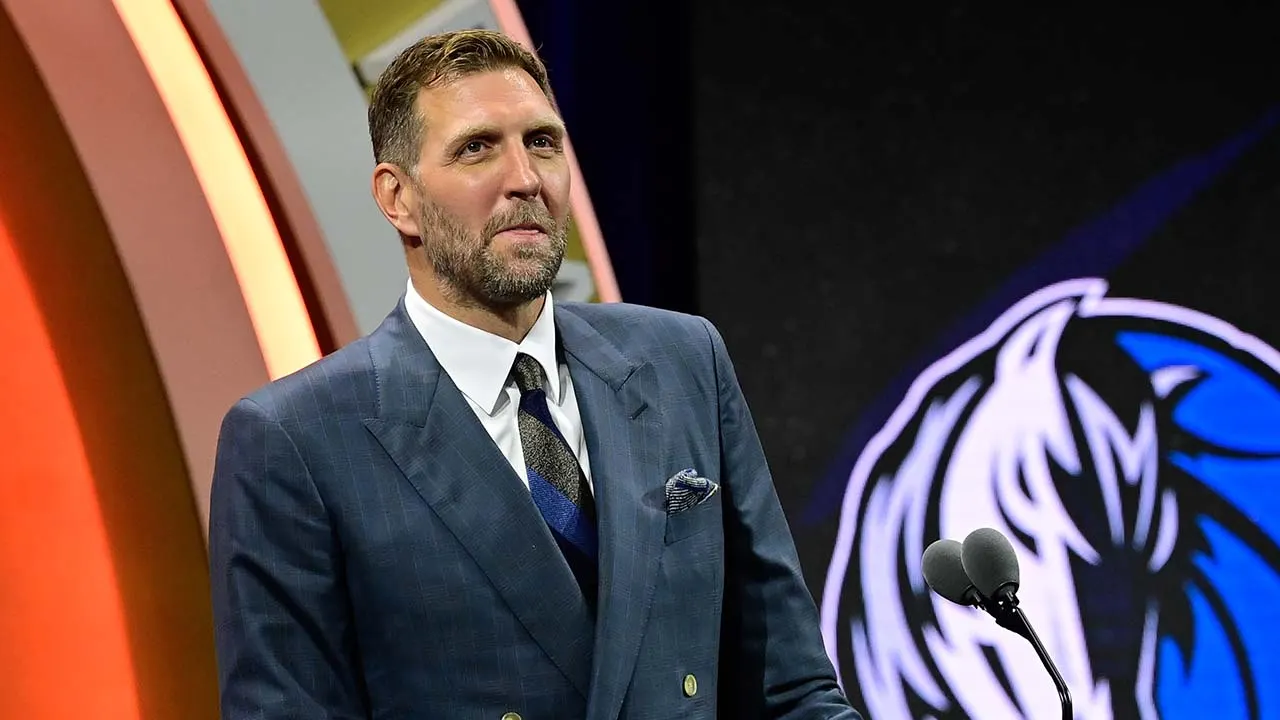Peter B. Teeley, who as the sharp-penned press secretary for George H.W. Bush during his 1980 presidential campaign coined the term “voodoo economics” to describe the tax and spending plans of the candidate’s rival at the time, Ronald Reagan, died on Friday in Washington. He was 84.
His wife, Victoria Casey, said he died in a hospital from cancer.
Mr. Teeley was especially close to Mr. Bush, whom he met through a mutual friend, James A. Baker III. All three were moderate Republicans, and Mr. Teeley helped Mr. Bush run a spirited campaign against the more conservative Mr. Reagan in the 1980 primary.
Among Mr. Reagan’s campaign promises was a plan to cut taxes on corporations and the wealthy, which he argued would increase economic growth and investment, producing gains that would eventually benefit everyone.
In thinking about how to respond to the plan, Mr. Teeley recalled an editorial joking that President Jimmy Carter’s economic policies had been put together by witch doctors. And what, he asked himself, do witch doctors do?
“Then it hit me,” he told the historian Jon Meacham for his biography of Mr. Bush, “Destiny and Power” (2015). “They do ‘voodoo,’ and I put that in Bush’s speech.”
The phrase quickly took on a life of its own, probably far beyond what Mr. Teeley had intended. When conservatives pounced on Mr. Bush for saying it, he denied having uttered it — until reporters produced evidence.
Mr. Bush became Mr. Reagan’s running mate and, much to his chagrin, repeatedly faced questions during the general election campaign about his apparent turnabout on his erstwhile opponent’s economic policies.
Mr. Teeley later recalled his boss telling him that it was the only memorable thing Mr. Teeley had ever written for him.
Democrats used the expression to attack Mr. Reagan throughout his two terms, and “voodoo” later became a general term of derision for any policy said to be fantastically unrealistic.
Mr. Teeley remained Mr. Bush’s press secretary through his first term as vice president, despite attempts by some Reagan allies to keep him from joining the administration. Those efforts failed because his friend Mr. Baker was Mr. Reagan’s chief of staff, and because Mr. Teeley was generally considered the nicest guy in the Bush circle.
“I can’t ever remember getting cross with Pete, and I got cross with a lot of people,” Gary Klein, who met Mr. Teeley when they both worked for the New York Republican senator Jacob K. Javits in the 1970s, said in an interview. “He had a personality that was just too likable.”
Peter Barry Teeley was born on Jan. 12, 1940, in Barrow-in-Furness, a city in northwestern England. A shipbuilding center, it was heavily bombed by Germany during World War II.
When Peter was 6, his parents, Francis and Winifred (Cullen) Teeley, decided to leave their war-torn town behind and move to the United States. They settled in Detroit, where his father worked in a car plant and his mother managed apartments.
After graduating with a degree in English from Wayne State University in 1965, Mr. Teeley began his career doing public relations for car manufacturers, but he was soon drawn to politics. He volunteered on campaigns for Jerome P. Cavanagh, the Democratic mayor of Detroit; George Romney, the Republican governor of Michigan; and Mr. Romney’s wife, Lenore, during her unsuccessful run for Senate in 1970.
His diligence caught the attention of Senator Robert P. Griffin, another Michigan Republican, who hired him for his 1972 re-election campaign.
Mr. Teeley later worked for Senator Javits; for President Gerald R. Ford when he ran for a full term in 1976, after succeeding Richard M. Nixon; and for the Republican National Committee, where he and Mr. Baker became friends. In 1979 Mr. Bush hired him as one of his first senior campaign staff members.
“In the early days, he joked, it was just him and Mr. Bush on Cessna One, going from one rubber chicken dinner to another somewhere in the great American heartland,” said the novelist Christopher Buckley, whom Mr. Teeley hired as a speechwriter and who based a character on him in his first novel, “The White House Mess” (1986).
Mr. Teeley left the White House in 1985 to start a political consulting firm. He ran the press office during Mr. Bush’s successful 1988 presidential campaign.
Mr. Bush named him the U.S. representative to UNICEF in 1990, but he left the post in 1991 after being diagnosed with Stage 3 colon cancer.
He joined a clinical trial at Georgetown University and beat his cancer into remission, though it would return several times. He drew on his experience with the disease to write “The Complete Cancer Survival Guide” (2000) with Philip Bashe.
Mr. Teeley’s first three marriages ended in divorce. He married Dr. Casey, a psychologist, in 2001. Along with her, he is survived by their daughter, Rosa Casey-Teeley; four daughters from previous marriages, Susan Risi, Laura Stanley, Adrienne Teeley and Randall Teeley; and two granddaughters.
Mr. Bush named Mr. Teeley ambassador to Canada in 1992. He resigned in 1993 after Mr. Bush lost his re-election bid.
Mr. Teeley then returned again to the private sector, this time to open the Washington office of the biotech firm Amgen. It was among the first such companies to develop a presence in the capital.
He also became deeply involved in philanthropy, founding the Children’s Charities Foundation in 1994. Among its many fund-raising efforts was the BB & T Classic, an annual college basketball tournament held in Washington every fall.
The post Peter B. Teeley, Who Coined the Term ‘Voodoo Economics,’ Dies at 84 appeared first on New York Times.



















